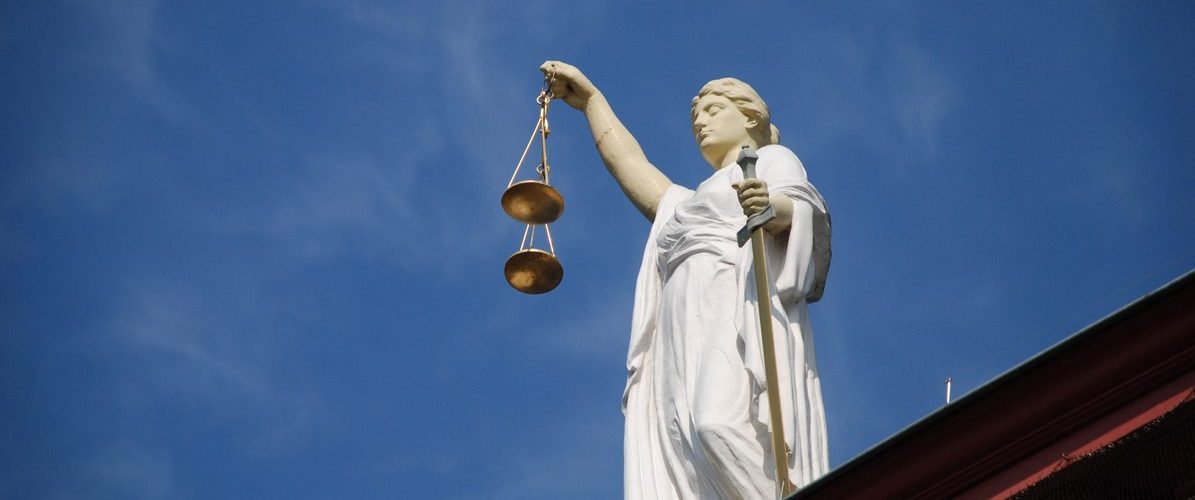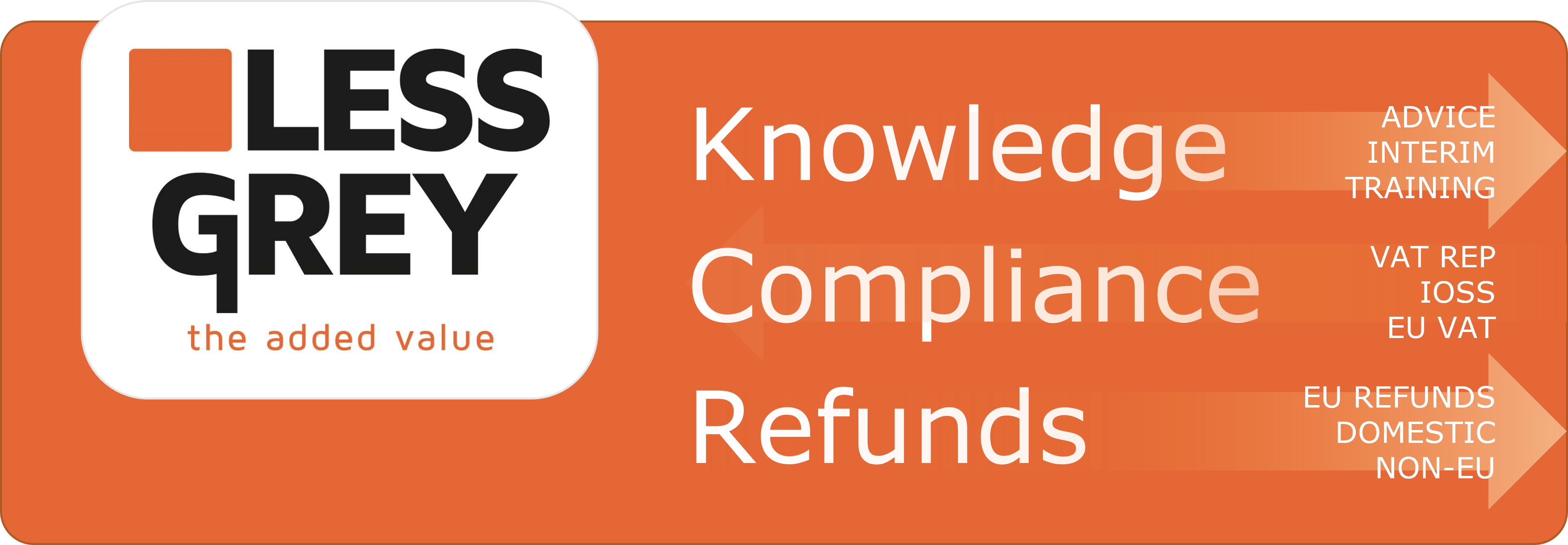On June 18, 2009, the ECJ issued its decision in the case C-566/07 (Stadeco).
Context: Sixth VAT Directive – Article 21(1)(c) – Tax due solely as a result of being mentioned on the invoice – Refund of tax improperly invoiced – Unjust enrichment
Article in the EU VAT Directive
Article 21(1)(c) of the Sixth VAT Directive (Article 203 of the EU VAT Directive 2006/112/EC)
Article 203
VAT shall be payable by any person who enters the VAT on an invoice.
Facts
- Stadeco is a company established in the Netherlands which is in the business of renting, constructing and dismantling stands for trade fairs and exhibitions.
- In the years 1993 to 1995, Stadeco provided its services in Germany and in third countries for the Economische Voorlichtingsdienst (Economic Affairs Press and Information Service; the ‘EVD’), a body governed by public law established in the Netherlands and attached to the Ministry of Economic Affairs. The EVD used the services of Stadeco solely for activities not subject to turnover tax in the Netherlands and is not, as part of a body governed by public law, entitled to deduct that tax.
- The invoices for those services provided outside the Netherlands included amounts due by way of turnover tax which would have been applicable to identical services provided in the Netherlands. The EVD paid those invoices in their entirety and Stadeco paid in the Netherlands the tax so included.
- In 1996, the tax authorities informed Stadeco that it was not liable to any turnover tax in the Netherlands with regard to the services in question provided outside the Netherlands. Subsequently, Stadeco requested reimbursements of all the taxes paid on that basis, the amount of which was NLG 230 314 (EUR 104 512). As the tax authorities made the reimbursement requested subject to the correction of the invoices, Stadeco sent them a copy of a credit note to that effect. As a result, it received that reimbursement.
- However, during an inspection in 2000, the tax authorities established that Stadeco had not issued any credit notes to EVD, nor corrected the invoices, nor had it made any repayment to it. For this reason, the tax authorities issued a supplementary tax notice for the entirety of the reimbursed taxes.
- Following the dismissal of its complaint lodged against that notice, Stadeco obtained the annulment of that notice before the Gerechtshof te’s-Gravenhage (Regional Court of Appeal, The Hague). That court held that the correction of the invoicing errors was not essential in the circumstances, because there was no risk of loss of tax revenue on account of the fact that the status of EVD excludes any right to deduct turnover tax.
- The Staatsecretaris appealed in cassation to the Hoge Raad der Nederlanden against the judgment of the Gerechtshof te’s-Gravenhage. He argues that, since Stadeco did not respect the requirements relating to the correction of the invoice, it does not have any right to retain the reimbursement of the turnover tax.
- The referring court is of the view that, under the substantive rules on VAT, since the place of the supply of the services in question is not the Netherlands, the supplementary tax notice can only be based on Article 37 of the Wet, which transposes Article 21(1)(c) of the Sixth Directive into Netherlands law.
- However, the referring court expresses doubts as to whether a turnover tax debt arises, under Article 21(1)(c) of the Sixth Directive, in the Member States where the issuer of an invoice is established, when the place of supply relating to that invoice is deemed to be, according to the common system of VAT, in another Member State.
- If it does not, it also raises the question whether the refund of the tax debt can be made subject to the correction of the invoice in question, in particular when the beneficiary of the services supplied does not have the right to deduct tax. In that respect, it maintains that it cannot be ruled out from the outset that the Member States have the right to prescribe such requirements to prevent unjust enrichment.
Questions
AG Opinion
(1) Article 21(1)(c) of Sixth Directive 77/388/EEC, as amended by Directive 91/680/EEC, is to be interpreted as meaning that the issuer of an invoice is liable for the VAT of a Member State mentioned in the invoice in that State, even if the transaction was not actually taxable there.
(2) Community law does not prohibit Member States from making the correction of the tax erroneously invoiced and hence payable under Article 21(1)(c) of the Sixth Directive subject to the requirement that the taxable person subsequently issues a corrected invoice to his customer. This applies even if the recipient of the invoice is not entitled to deduct VAT.
Decision
1. Article 21(1)(c) of the Sixth Council Directive 77/388/EEC of 17 May 1977 on the harmonisation of the laws of the Member States relating to turnover taxes – Common system of value added tax: uniform basis of assessment, as amended by Council Directive 91/680/EEC of 16 December 1991 must be interpreted as meaning that turnover tax is due, in accordance with that provision, to the Member State to which the VAT mentioned on an invoice or other document serving as invoice relates, even if the transaction in question was not taxable in that Member State. It is for the national court to ascertain, taking into account all the relevant circumstances of the case, to which Member State the VAT mentioned on the invoice in question is due. In particular, the rate mentioned, the currency in which the amount to be paid is expressed, the language in which the invoice was drawn up, the content and context of the invoice at issue, the place of establishment of the issuer of that invoice and the beneficiary of the services performed, as well as their behaviour, can be relevant in that regard.
2. The principle of fiscal neutrality does not generally preclude Member States from making the refund of VAT due in that Member State merely because it was erroneously mentioned on the invoice subject to the requirement that the taxable person have sent the beneficiary of the services performed a corrected invoice not mentioning that VAT, if the taxable person has not completely eliminated in sufficient time the risk of the loss of tax revenue.
Source:
Similar ECJ cases
Reference to the ECJ case in the EU Member States
Newsletters















